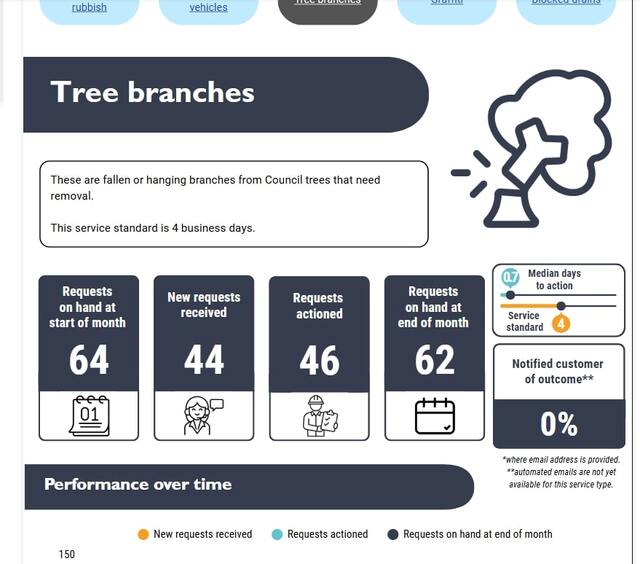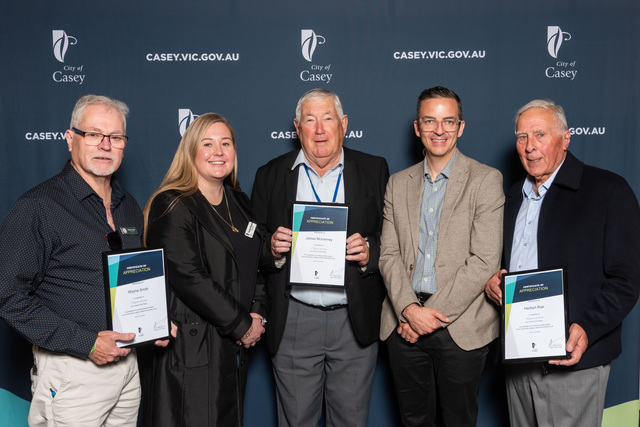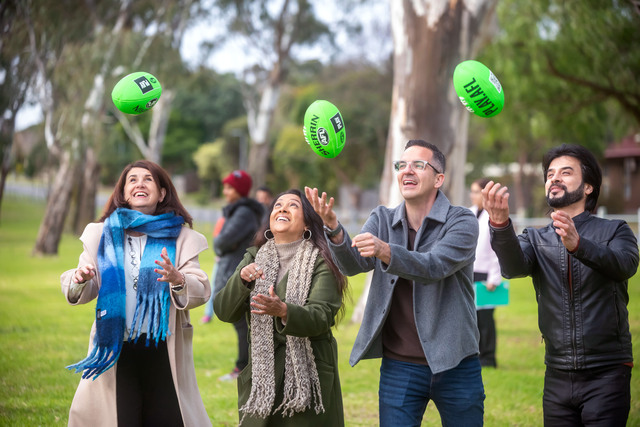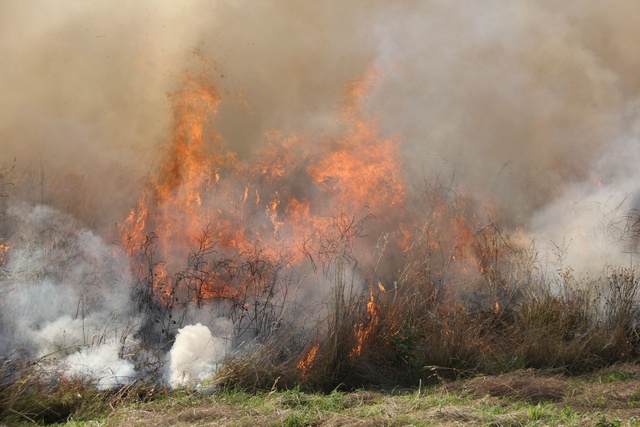In the wake of coronavirus concerns, a Greater Dandenong councillor has called for the ending of “obligatory” handshaking during citizenship ceremonies.
At a council meeting on 28 January, Cr Peter Brown questioned the “wisdom” of lining up new citizens to “squeeze” hands with up to 10 councillors and dignitaries.
Describing the ritual as an “artificial construct” of the council’s making, Cr Brown said he doubted citizens were keen to line up for 15 minutes to hold “Peter Brown’s sweaty hand”.
The hundreds of “human contacts” were needlessly putting people at risk of catching an infectious virus, he said.
“The cultural or religious practice of some citizenship recipients in not shaking hands, but bowing or some such, from a public health view makes a lot of sense,” Cr Brown explained in an email to councillors.
“It to me would make common sense from a public health perspective in not contriving a situation where everyone has to physically come into contact with everyone else.
“I am sure some recipients when they see what is happening think ‘yuk’.”
It was at odds with formally ruling out handshakes in China to stop handshakes to stem the spread of the deadly coronavirus, Cr Brown said.
Other citizenship ceremonies televised on Australia Day did not appear to include handshakes, he said.
Cr Sophie Tan said handshaking was not compulsory at the ceremonies.
She said councillors could choose to hand out “merchandise” such as flags, badges and posters rather than shake hands.
Greater Dandenong corporate services director Mick Jaensch said the form of ceremony was in the councillors’ hands.
He noted he had yet to hear the view of the majority of councillors.
“Officers will certainly design a citizenship ceremony that suits the needs of councillors.”
At the time of writing, there had been two confirmed cases of coronavirus infection in Victoria.
The virus has been attributed to more than 100 deaths out of more than 4000 cases in China, where it was first detected in late December.
Its range of symptoms include a mild fever to a significant respiratory infection, according to a Department of Health and Human Services fact sheet.
It has been confirmed to have been spread by human to human contact.
Good hand hygiene and respiratory hygiene are recommended, such as covering one’s mouth and nose with a tissue while sneezing or coughing, and washing hands afterwards.
Hands should be washed after toileting and before eating.
The Department does not recommend the wearing of face masks by the general public to prevent infection.







